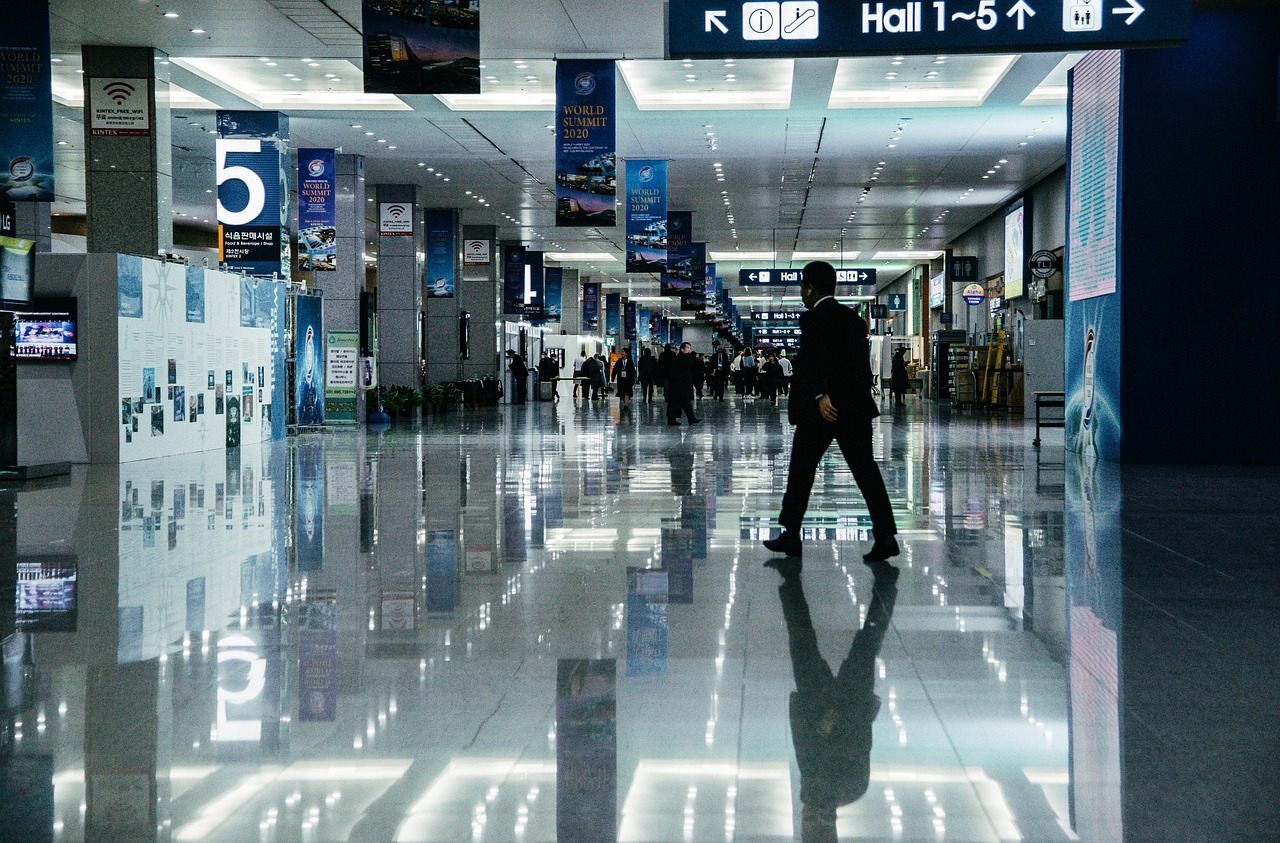
How Artificial Intelligence Is Redefining Campus Recruitment in the Middle East
As artificial intelligence transforms the nature of work, one question emerges across universities and boardrooms alike: what is the future of career fairs?
Far from becoming obsolete, university career fairs are evolving into smarter, data-driven ecosystems where technology meets talent. In the Middle East and Gulf region—where nationalization goals, public-private partnerships, and AI adoption converge—these events are being reimagined to connect tomorrow’s workforce with the needs of a rapidly digitizing economy.
Employer Strategies Are Becoming Smarter and More Strategic
In the AI era, employers no longer see career fairs as résumé-collection exercises. They see them as strategic investments in brand, analytics, and talent pipelines.
Companies across the Gulf now deploy AI-driven mapping tools that instantly match student profiles to job openings. At recent regional career fairs, leading organizations have begun using AI systems to evaluate candidates’ academic backgrounds, skills, and experience in real time—sometimes even through automated video-interview pods that analyze recorded responses to identify the best matches for further consideration.
Digital platforms also enable precise ROI tracking—from booth visits to post-event engagement—helping recruiters refine outreach and justify their participation. This data-driven approach ensures that career fairs deliver measurable value while aligning with strategic priorities.
Beyond hiring, companies are leveraging these fairs for long-term brand positioning—showcasing leadership programs, offering pre-employment training, and building relationships with universities that strengthen future talent pipelines.
Students Expect Skills, Purpose, and Real Engagement
For today’s students, a degree is no longer enough. They seek fairs that teach transferable skills, provide mentorship, and offer a window into industries reshaped by AI.
Universities are leading the way by combining employer booths with workshops on personal branding, interview readiness, and career agility. Many students also look for opportunities in emerging sectors—AI, cybersecurity, data analytics, and sustainability—that promise both stability and impact.
At modern fairs, students can book interviews online, participate in live coding challenges, or explore AI-powered career simulators. Accessibility has also improved dramatically, with hybrid formats and virtual booths allowing broader participation—including for students with mobility constraints.
Technology Is Transforming the Career Fair Experience
From smart matchmaking algorithms to AI chatbots and immersive virtual venues, technology is redefining how students and employers interact.
Virtual platforms now recreate the energy of live fairs in digital environments—complete with branded booths, video chats, and analytics dashboards. AI tools filter applications, schedule interviews, and even predict fit based on behavioral data.
Gamification and 3D simulations—such as flight simulators or augmented-reality tours of company sites—make these experiences more engaging. Meanwhile, blockchain is emerging as a way to verify academic credentials instantly, reducing fraud and administrative friction.
Together, these innovations turn what used to be a one-day event into a continuous, data-driven talent ecosystem.
Regional Forces Are Driving a Distinct Evolution
In the Gulf, career fairs reflect not just market trends but national priorities.
- Workforce nationalization: Across the Gulf, national development agendas are driving stronger efforts to connect citizens with private-sector opportunities. These initiatives aim to build competitive local talent pipelines, encourage youth participation in emerging industries, and balance the workforce between public and private sectors.
- Government collaboration: Public-sector bodies, universities, and leading employers are increasingly co-hosting career events that combine recruitment with AI-focused training and upskilling programs. These partnerships reflect a regional commitment to preparing the workforce for data-driven and technology-enabled economies.
- Education reform: Universities are embedding AI, cybersecurity, and sustainability into curricula, ensuring graduates are job-ready for digital industries.
- Cultural expectations: Gulf fairs emphasize hospitality, inclusivity, and personal interaction—qualities that make them both social and professional milestones.
In short, regional fairs are becoming platforms of national strategy, aligning education, technology, and workforce transformation under one roof.
Looking Ahead
Career fairs are not fading—they are evolving.
AI may be automating tasks, but it is also creating a new premium on human creativity, adaptability, and ethical judgment. For students, that means developing the skills that machines can’t replicate. For employers, it means using technology not just to recruit faster—but to recruit smarter, more fairly, and with a long-term vision.
In the Middle East and Gulf region, university career fairs are no longer about handing out résumés. They are about building a shared future between education, industry, and innovation.
This article is part of LAMAH Intelligent Solutions’ ongoing research on AI transformation, workforce strategy, and digital governance.
=====================================================================================
Disclaimer:
The views and information expressed in this article are provided for general informational and educational purposes only and do not constitute professional, legal, financial, or investment advice. LAMAH Intelligent Solutions and the author(s) make no representations or warranties as to the accuracy, completeness, or suitability of the information contained herein and accept no liability for any loss or damage arising from reliance on it. Readers are advised to seek independent professional advice before making any decisions based on this content.



